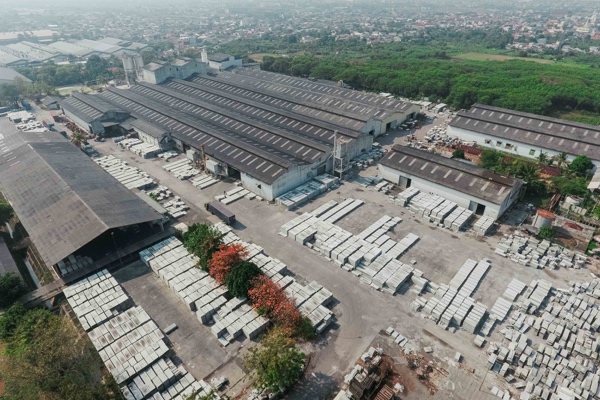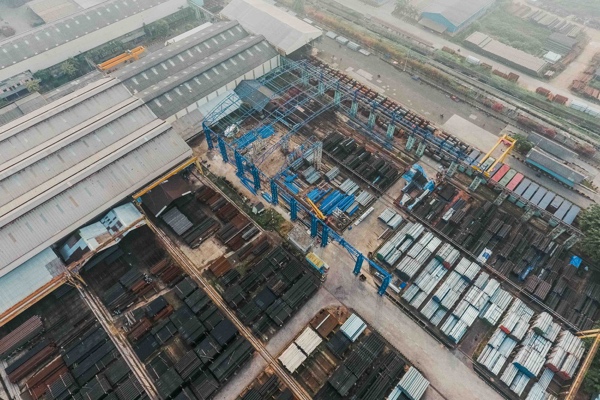99.6 Percent of Electric Car Battery Materials Can Now Be Recycled

Source: Katadata.co.id | October 22, 2025
The growth of electric cars has been rapid in recent times. This situation has encouraged several parties to innovate.
Recently, China reportedly implemented new national standards for the recycling and utilization of Electric Vehicle (EV) batteries.
“The pilot program reported recovery of more than 99 percent of the primary material (batteries),” Carsnewschina reported on Tuesday (October 21).
According to IT-Home, five additional standards have been approved by the General Administration of Market Supervision (GAMS).
The standards cover aspects such as specifications for recycling and dismantling electric vehicle power supplies.
Furthermore, they also detect residual energy in EV batteries, ensuring their safe dismantling and recycling.
In practice, recycling companies in China have achieved recovery rates of up to 99.6 percent for nickel, cobalt, and manganese.
Meanwhile, lithium-based electric car batteries have been recovered to 96.5 percent.
This success marks China’s highest achievement in recycling four-wheeled electric vehicle power supplies.
It also demonstrates that an integrated recycling system can generate various benefits, from economic to social to ecological.
China has also demonstrated its ability to add significant value to the EV ecosystem, enabling it to sell more than just electric cars.
China also supports more environmentally friendly battery waste management.
Furthermore, companies from upstream to downstream, from raw materials and production to battery recycling and reuse, are now integrated.
They are part of a national technical committee formed in conjunction with GAMS and the Ministry of Industry and Information Technology (MIIT). This allows them to set new standards for battery waste management.
The same report stated that China is actively participating in the international standardization process for electric car batteries.
This approach addresses aspects such as evaluating the performance of new power storage devices, developing classification systems, and developing general guidelines for recycling used batteries.
For example, the Chinese-led proposal for a “General Guideline for Deep Discharge in Battery Recycling and Utilization” has been approved as an international standards project.
This step underscores their ambition to become a world leader in battery waste management.
Nearly 40 Chinese experts are participating in the international battery technical committee, ensuring full support for the standards-setting process.












